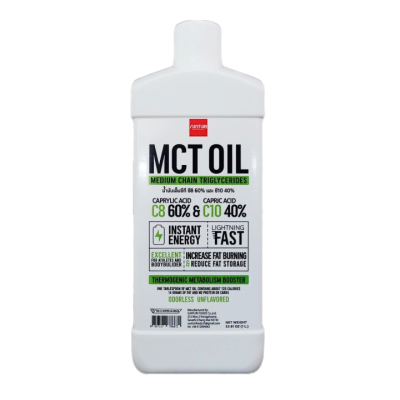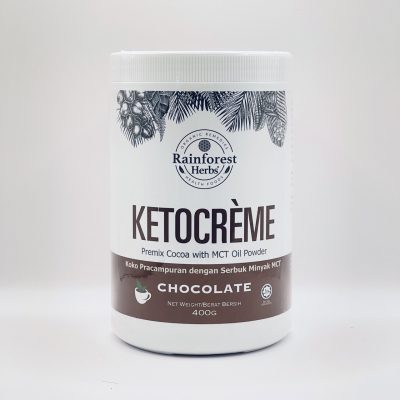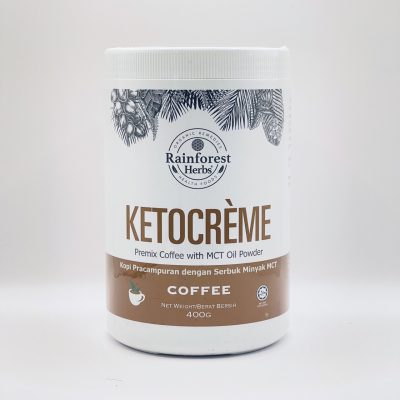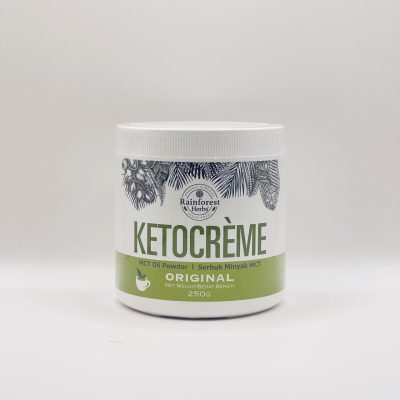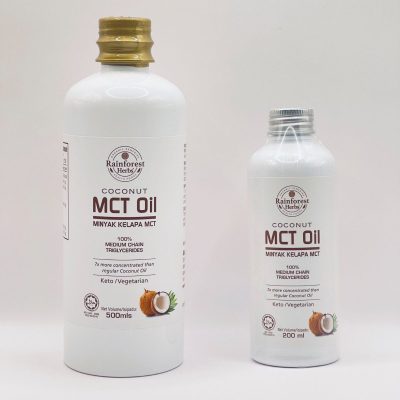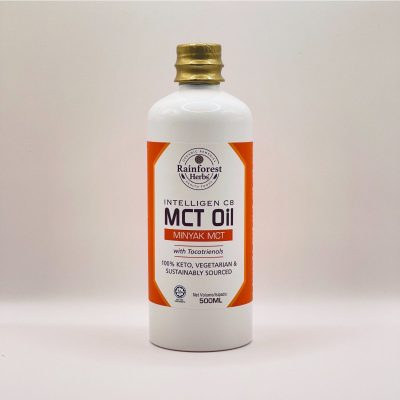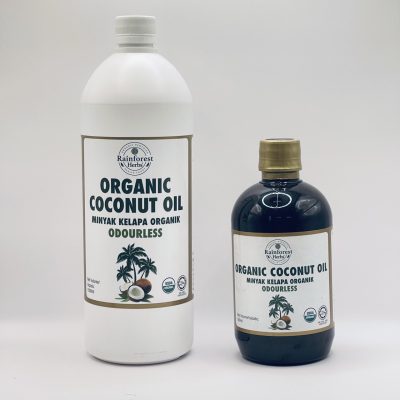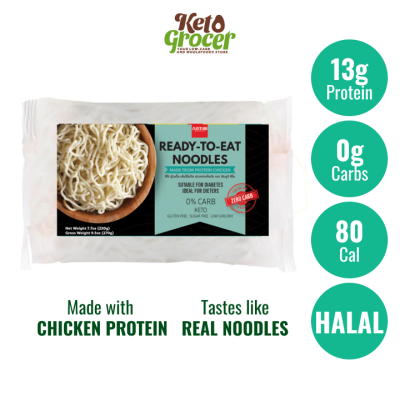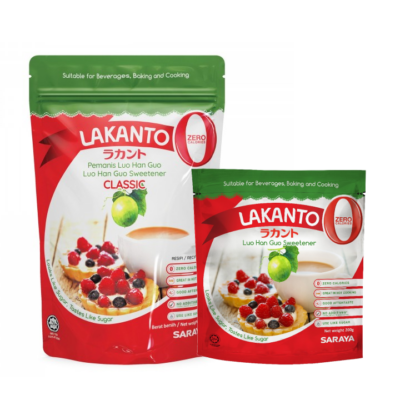Showing all 7 results
- RM38.90 – RM79.80 Select options This product has multiple variants. The options may be chosen on the product page
Showing all 7 results
Frequently Asked Questions
Can MCT Oil work to burn fat even if I do not change my diet?
Yes, many people have experienced substantial weight loss while maintaining their normal diet while implementing bulletproof coffee-inspired intermittent fasting, rather than following a full keto-style diet. Indeed, the great results seen from just making this change is the main reason most people progress to a low-carb keto diet.
Can I add MCT Oil to food or cook with it?
Yes, it can be sprinkled on every dish and used in cooking to replace other oils due to its high heat tolerance. This is a great way to get more healthy MCT’s in your diet and improve digestibility.
Does MCT Oil have a laxative effect?
MCT Oil is fast-metabolizing and can cause a laxative effect when taken on an empty stomach. It’s recommended to use it with food to minimize this effect.
I added the MCT Oil to my coffee but still feel hungry, why is that?
If you’re new to fat adaptation, adding only a teaspoon to your coffee may not be enough to suppress your appetite. Consider adding additional healthy fats or having it with a low-carb dish to achieve appetite satiation.
Is it OK to have MCT oil every day?
Yes, it’s generally safe to consume MCT oil daily. Many people incorporate it into their daily routine as a source of healthy fats and energy. However, it’s essential to start with smaller amounts, especially if you’re not accustomed to MCT oil, to allow your body to adjust.
Is coconut oil equivalent to MCT oil?
Coconut oil contains MCTs (medium-chain triglycerides), but it’s not equivalent to pure MCT oil. MCT oil is a concentrated source of these beneficial fats, specifically caprylic and capric acids. While coconut oil is a healthy fat with numerous benefits, MCT oil provides a more concentrated dose of these specific MCTs, making it a preferred choice for those seeking the benefits associated with them.
Who should avoid MCT oil?
While MCT oil offers various health benefits, some individuals should exercise caution or avoid it:
- Those with digestive issues or sensitive stomachs may experience gastrointestinal discomfort when consuming MCT oil. Starting with smaller amounts and gradually increasing the dosage can help mitigate this.
- People with liver disorders should consult with a healthcare professional before adding MCT oil to their diet, as the liver processes MCTs.
- If you have allergies or sensitivities to coconuts, you should avoid MCT oil derived from coconut sources and opt for alternatives like palm-derived MCT oil.
It’s always advisable to consult with a healthcare provider before introducing significant dietary changes, especially if you have underlying health conditions or concerns.
